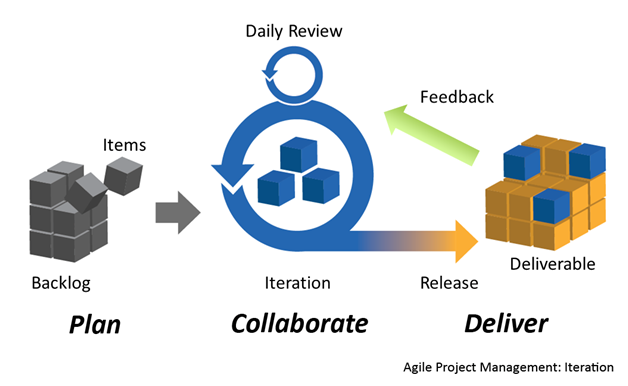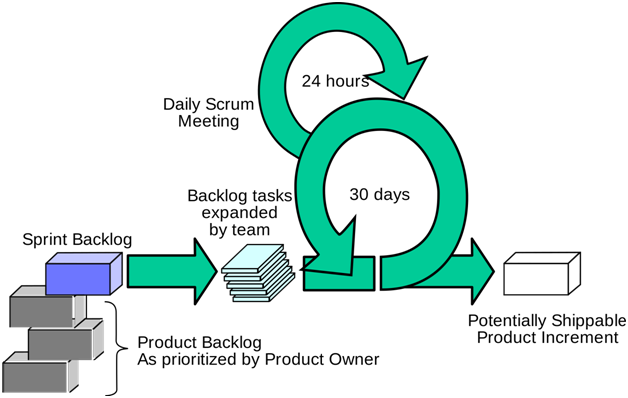In organisations embracing Agile Development, few people are more integral to success than the scrum masters.

Far from being the star of the show, though, the scrum master exists to enable the scrum they oversee to succeed, working to set up the correct meetings and secure the necessary resources to succeed while working to remove anything that may impede development.
The scrum master can, therefore, be a difficult role to fill for the sort of person who will seek it out – the sort of person who is interested in leadership and pushing success can sometimes find it difficult to sit back from the front lines, listen, and facilitate others, but that is what they must do.
Learn to listen effectively
Even in the relatively progressive world of IT, management is still usually used to taking the lead and having a traditional hierarchy respond to them. Scrum masters differ, though, needing to rely on leadership rather than simply management, and the first step toward that is learning to listen.
While you will be the one to set up most meetings, and probably be the one to lead them as well, a scrum master needs to be willing to step back and listen in order to determine the needs of the team in order to best facilitate them. This doesn’t come naturally to many people, so consider practising active listening skills, suppressing an urge to argue, and repeating what others have said to ensure understanding – https://www.skillsyouneed.com/ips/active-listening.html.

Facilitate team success
Once you can listen effectively and determine the needs of your scrum, you need to work to meet those needs, thereby facilitating your team’s success.
As is taught in Scrum Master Training Dublin or elsewhere, such as courses offered by https://www.althris.com/courses/scrum-master/, understanding needs and working toward consensus, when reasonable, is the best way to learn to be an effective facilitator.
Coach your team
The scrum, and not the scrum master, is the core of the Agile process, like the athletes are the sports stars, rather than the coaches and management – but both play an important role in the team’s success.
Face issues head-on without placing blame, and publicly recognise outstanding work. Learn your team’s strengths and weaknesses, and distribute tasks to fit. The role of a coach is the role of a leader, not just a boss.